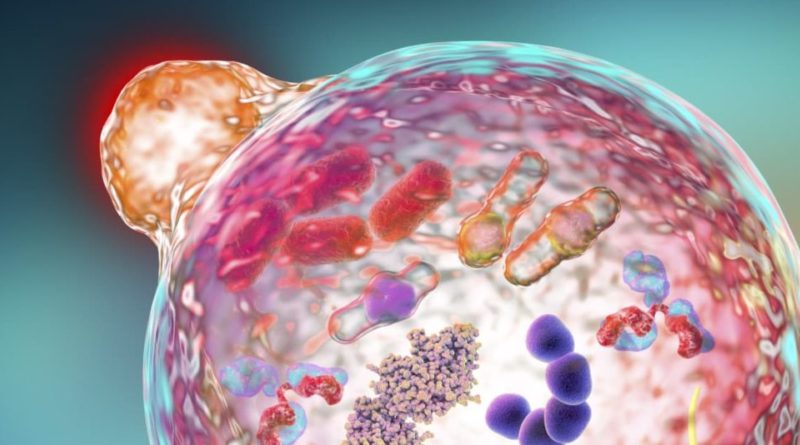7 Ways to Live Longer using Autophagy
[Please note that this page contains affiliate links. If you choose to purchase after clicking a link, I may receive a commission at no extra cost to you.]
- Regular Exercise: Regular aerobic exercise increases the delivery of nutrients and oxygen to your cells by increasing blood flow to your vital organs. It can also improve the transport of waste by-products and degraded inflammatory metabolites. In addition, increasing oxygen positively affects autophagy with hyperbaric oxygen therapy (HBOT). HBOT allows wounds to heal because it regulates autophagy. HBOT is also shown to increase neurogenesis, well-decreasing inflammation.
- Get outside in nature: Going out in nature has been shown to decrease inflammatory moderators, like interleukins and prostaglandins, and upregulate persuaders of autophagy.
- Better Nutrition: Intracellular enzymatic responses need substrates and co-factors to function correctly. Co-factors are usually vitamins gained from a variety of plant-based foods. Excess saturated fats and protein impair autophagy as it requires too much cellular energy for digestion, resulting in increased reactive oxygen. In addition, plant-based nutrition has a lot of antioxidants to reduce oxidative stress, which disrupts autophagy.
- Calorie Restriction: Calorie Restriction, along with intermittent fasting, helps to regulate autophagy. Studies show caloric restriction is linked to an upregulation of autophagy in the brain, liver, muscle and fat, brain, which makes for a longer, healthier lifespan. This is likely due to the increased availability of precursors and substrates for other critical biochemical reactions.
- Good sleep: Autophagy and the glymphatic system are extremely active during sleep. They work together to improve the health and function of the brain.
- Gene Protection: Epigenetic and chromatin changes from histone modifications can significantly impact autophagy. While researchers do not have a lot of control over many situations, we should drive to reduce exposure to pollutants, chemicals, toxins, and electromagnetic radiation, all of which have detrimental effects on our genomes.
- Antioxidants: Foods included in a plant-based diet are berries like barberries, a source of berberine; broccoli sprouts, a good source of sulforaphane; and green tea, which is a source of polyphenols. Juice ginger roots and turmeric, and be sure to drink them often.

